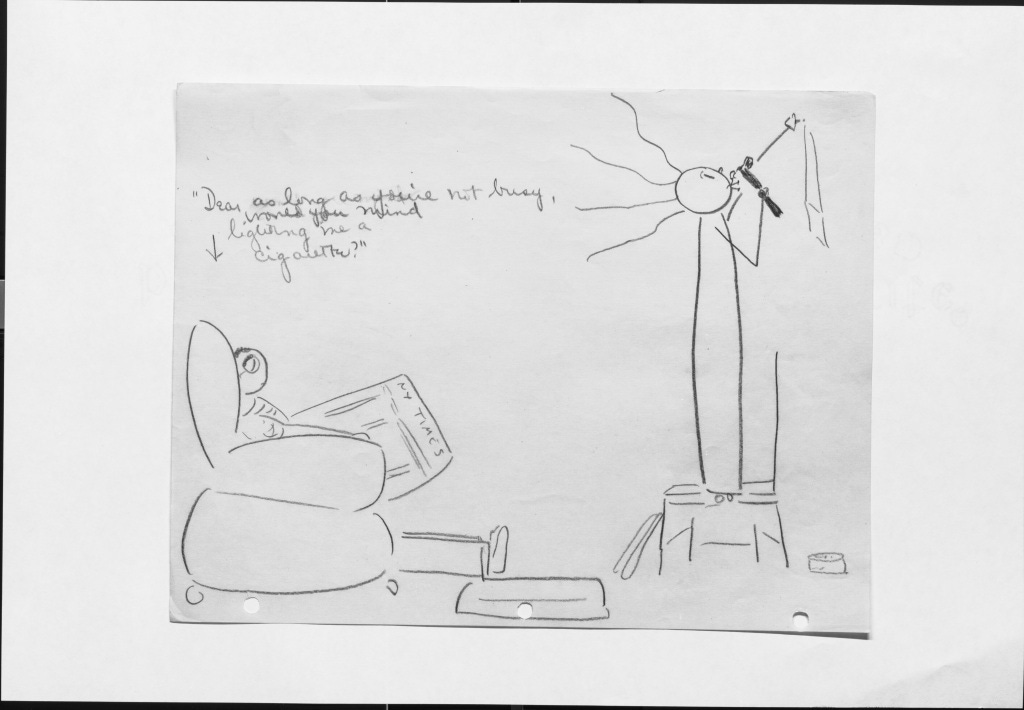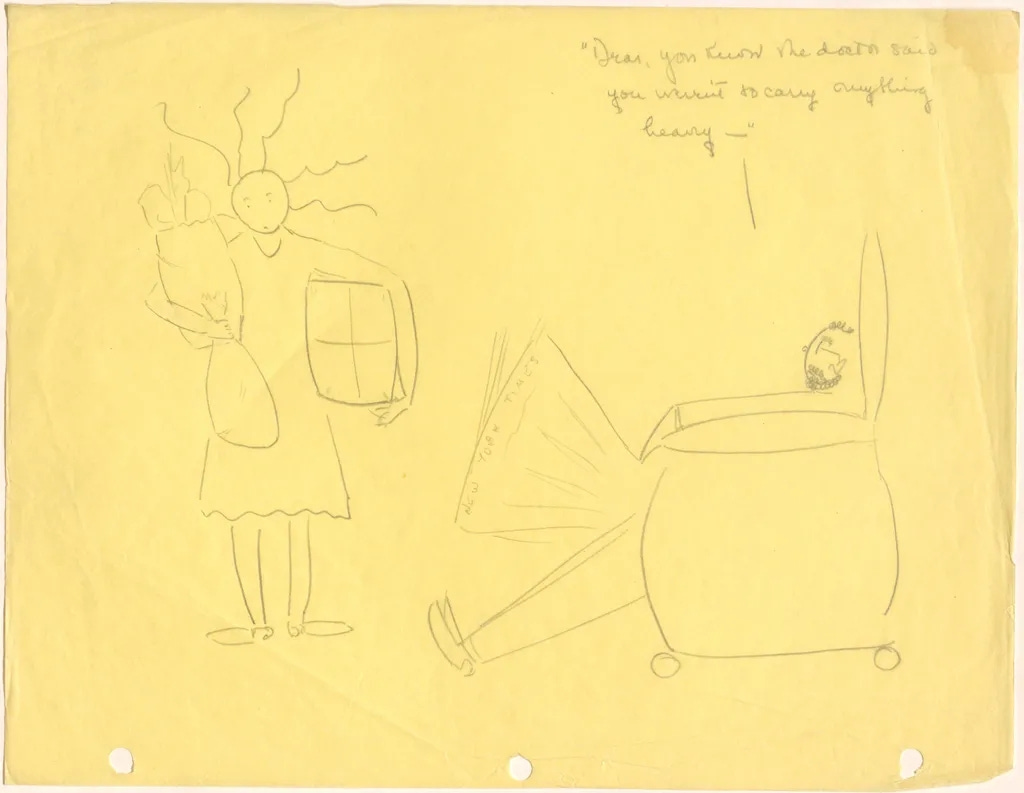This post was originally published on my website last summer. After reading ’s excellent ode to physical mail, More love letters, please., I decided I wanted this post on my SubStack, too. Made some few tweaks. Please enjoy.
In June 2023, I finished reading The Letters of Shirley Jackson. Now, a year later, I can confidently say: I am totally and completely obsessed. I find myself thinking about the collection at least once a week. I cannot believe I read 600 pages of letters Shirley Jackson wrote in her lifetime and am still left wanting more. (For the record: This book inspired me to write long letters of my own to at least five separate friends detailing the mundane activities of my life in the most fun tone I could conjure. So, thanks, Shirley.)
Writing letters is a lost art form, is it not?
I suppose now many don’t see a need for it. Captions on social media may feel like a letter to all your friends at once. A text message is our current-day way of saying “I’m thinking of you.” Friends and family are just one click, one phone call, one FaceTime away. And yet… and yet…
We may not need letters now in the way that Shirley Jackson felt she needed them in the 20th century. But we can still want them.
In this collection, some of my favorite letters are the ones Shirley wrote to her future husband Stanley in 1938-1940, when she was in her early 20s. They are so ALIVE and spunky and electric. She loved to play with language, and it shows. I laughed out loud multiple times. Let’s look at some of my favorites, shall we?
mother seems to think i’m insane, and closes her eyes in a pained fashion when i call her chum. she also tells me that love or no love i have to eat and when i say eatschmeat she says what did you say and for a minute icy winds are blowing.
—Letter to Stanley Edgar Hyman, June 1938
i also told father all about communism which was wrong, wasn’t it. he said re-ally in a whatthehelldoyouknowaboutlifeyoushelteredvictorianflower sort of voice
—Letter to Stanley Edgar Hyman, June 1938
‘tanely . . . i think i’ll come to new york and get laid. oooooooooh yes. my mother mayhertribeincrease had been reading liberty [magazine] that oracle of the masses and has discovered that eight out of ten college students are all for immorality. she has been asking me leading questions until i came out and said that if she meant had i preserved the fresh bloom of dewy innocence yes i had but it hurt me a damn sight more than it ever hurt liberty.
—Letter to Stanley Edgar Hyman, June 1938
… You understand my obsession now, yes?
Since she tended to type a lot of her letters on a typewriter, she didn’t bother with proper punctuation, writing to Stanley Edgar Hyman: “notice if you haven’t already that i have borrowed your distinctive writing style with ideas of my own such as no punctuation which is a good idea since semi-colons annoy me anyway.” It just so happened that I was writing a short story of my own when I picked up this collection, and had already decided to make one of the character’s written communications have improper punctuation and capitalization to set her apart from others. Seeing that reflected back to me in Jackson’s words confirmed my choice, allowing me to breathe life into this character. So… again… thanks, Shirley.
I had only read three of Jackson’s pieces of work prior to this: Her short story “The Lottery” (of course), and her novels The Haunting of Hill House and We Have Always Lived in the Castle. As a result, I found the most enjoyment reading letters that talked about those pieces and their creative processes. What fun it was to see Eleanor from Hill House was originally named Erica; Merricat from Castle was originally named Jenny; or even that Jackson completely scrapped an awful early draft of Castle and started all over again. She spoke of her characters as if they were alive and had minds of their own. As a writer myself, it was all… very relatable.
The drawings and the letters about her household duties made me wonder what would have happened if Shirley Jackson was born in a different time, or perhaps was married to someone who wasn’t such a prick (sorry not sorry). The fact that she was such a prolific writer in an age when she was expected to be Mother first, Housewife second, and Writer last is astounding. Her work ethic! Her creativity! Her talent!
Her doodles throughout the book often portray the delicate juggling act of it all:


While her doodles are charming, accompanied by witty captions that resemble comics from the New Yorker, it feels easy to see the desperation behind them. They aren’t just funny, goofy comics. They are a woman in the 1940s-1960s portraying her attempt to do it all.
It is always such a strange feeling — I know something’s going to happen, and those poor people in the book don’t; they just go blithely on their way.
—Letter to her agent about her Hill House characters
That quote is exactly how I felt reading this book, especially once we got to the 1960s (Jackson died in 1965 at the age of 48). Her impending and untimely death loomed over the letters, but of course she had no idea. She was robbed of many more decades; we were robbed of many more stories. At least this book was a wonderful way to honor her legacy, and I would guess it was enjoyable for her son Laurence Jackson Hyman to put it together (imagine combing through your mother’s letters from 60+ years ago, when so many of them detail your childhood and teenage years. In those letters, Laurie was a baby up until his 20s; now, in current day, Laurie is in his 80s. Am I the only one who feels so sad about the passing of time?)
I am glad this was a collection of letters rather than published diaries. It felt less invasive, especially as she asked her parents at one point to keep the letters so that they may be published one day. (Iconic.) It also felt like she was writing to me personally, and wouldn’t that be lovely!!!!
Above all, this collection really opened me up to the connective power of words, as if I didn’t already know that. The fact that I could read a letter from the 1940s and feel her energy and spirit just pouring out of it was nothing short of inspiring. Letters provide a certain immortality: I was here, I mattered, I had something to say.
Even as I write this now, I feel the urge to go to my stationary collection and start writing letters to all my friends again. In 2024, opening your mailbox and seeing a surprise handwritten letter from someone in your life feels like the warmest, sweetest hug.💛
And now, because I selfishly want part of Ellen’s essay to forever live on my blog, here’s my favorite part of what she had to say about physical mail:
The paper the writer chose, their handwriting, their signature—there seems to be space for a little piece of the writer in a letter. Maybe there is something in the immediacy of an email that is so convenient, neat and organised that it can't quite capture the messiness of personhood. Maybe waiting for a letter simply gives you room to miss people properly.
Somehow, I feel closest to the people I love, not when I am talking to them but writing to them.
-
, More love letters, please.




Ooh, thank you for this. I must get hold of this collection of Shirley Jackson's letters. I'm a fan of her writing but haven't read this. Have you read her accounts of family life, Life Among the Savages, and Raising Demons? They are brilliant.